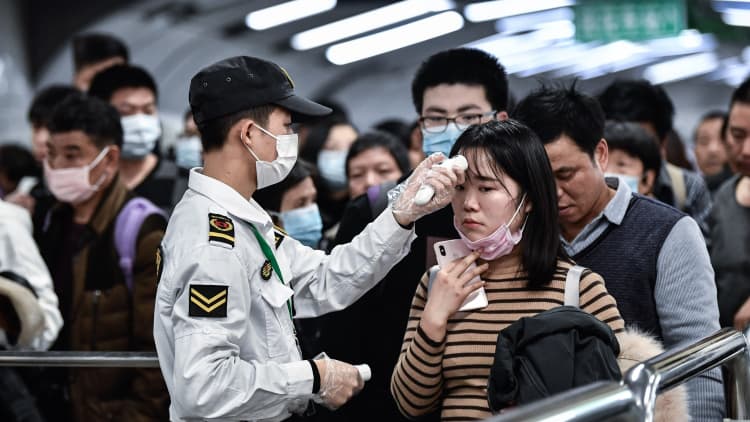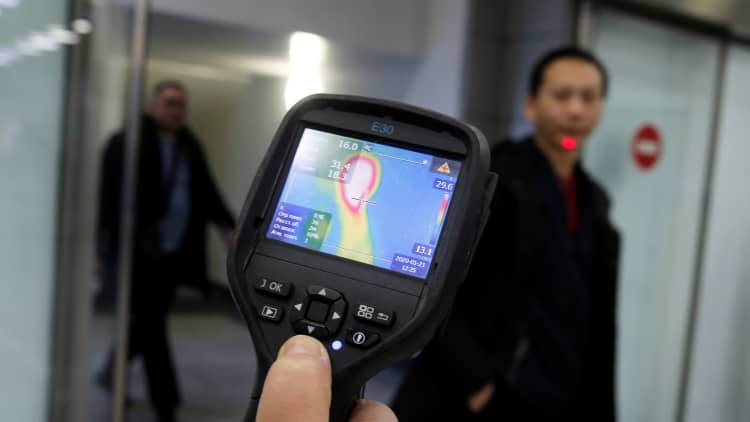Government officials in Wuhan, China are suspending all public transportation, including buses, trains, airplanes and ferries, to better combat the coronavirus outbreak, from Thursday morning Beijing time.
Officials are also asking citizens not to leave the city unless there are special circumstances. Additionally, people in public places will be required to wear masks to prevent exposure to the illness, local officials said.

The actions came after public health officials said earlier in the day that deaths from China's new virus, which is believed to have started in Wuhan, rose to 17.
China's National Health Commission said Thursday there were 571 cases of the new coronavirus as of midnight local time on January 22.
Fears that the coronavirus could disrupt travel and commerce, and slow economic growth sent a chill through global risk markets, hitting Asian stocks hard, depressing copper and oil prices, and sending investors into safe havens, like U.S. Treasurys and German bunds.
Coronaviruses are a large family of viruses that usually infect animals but can sometimes evolve and spread to humans. Symptoms in humans include fever, coughing, and shortness of breath, which can progress to pneumonia.
Chinese authorities say many of the patients with the new illness had come into contact with seafood markets, suggesting the virus is spreading from animals to people. However, health officials say some "limited human-to-human transmission" occurred between close contacts.



